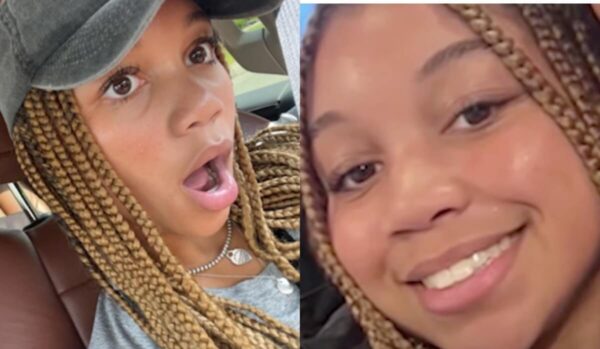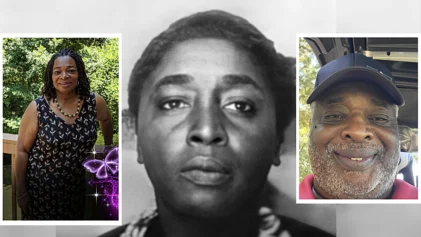A North Carolina teenager is confused and shocked after she was told by her employer, Chick-fil-A, that her hair color was a violation of the company’s dress policy.
Autumn Williams said she believes she was singled out by her superiors and sent home after her braids were deemed an unnatural color.

“She was like, ‘Hey, one of our supervisors came by and said they noticed blond in your hair, and he asked that you leave and come back when it’s taken out since it’s an unnatural color to you,’” Williams told WJZY-TV.
The 16-year-old who had been working at the Harrisburg Chick-Fil-A for three months said she was surprised and embarrassed.
For starters, Williams’ natural hair is blond, she said, adding that her braid extensions are light brown and not blond.
“And the guy, when I had orientation, he never said anything about my hair color or it being an issue,” she said.
Even though blond hair is normally associated with people of European descent, some people of African descent are born with blond hair, mostly due to genetic variations.
Hair color is determined by the amount and type of melanin present in the hair. Melanin is the pigment responsible for skin color, hair and eyes. There are two types of melanin: eumelanin, which produces brown to black pigments, and pheomelanin, which produces yellow to red pigments.
Blond hair is typically associated with lower levels of eumelanin and higher levels of pheomelanin. If a person of African descent carries specific genetic variations that reduce eumelanin production and increase pheomelanin production, they may have naturally blond hair.
According to a portion of the Chick-fil-A handbook posted on the television station’s website, hair and nails must comply with local health department requirements.
“Hair must be clean and worn in good taste so as not to be distracting to guests or fellow team members. Hairstyles must be neat and professional in appearance. Unnatural hair colors or eccentric styles (e.g., Mohawks, shaven designs, etc.) are not permitted,” it says.
However, it doesn’t specify what constitutes an unnatural hair color.
Williams said she quit the job because it was unclear how she violated the policy. She has since filed a complaint with the Equal Employment Opportunity Commission.
“I was glad that I didn’t have to change myself to fit into someone else’s … image of what it’s like to be a Chick-fil-A worker,” Williams said. “…I was just glad that I was able to just stay true to myself and move on and find somewhere else to work that’s fine with how I look.”
Chick-fil-A said an “operator reached out to (Autumn) Williams today and had a good conversation.”
“In further detail, the operator explained that the policy was misinterpreted and said Williams was not terminated and she’s more than welcome to come back and work at the restaurant.”
The girl’s mother, Nina Burch, said her braids were a protective style.
“There was nothing eccentric about the color that was in her hair,” she said. “So I think maybe there needs to be some sensitivity training about what people can and cannot look like. But that just sounds so crazy to say because who’s to say what anybody can look like based on their race?”


